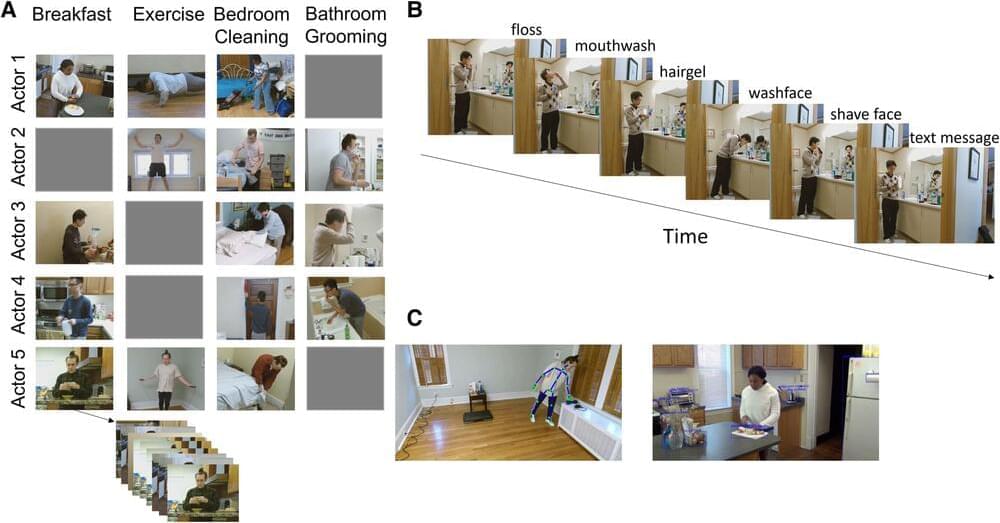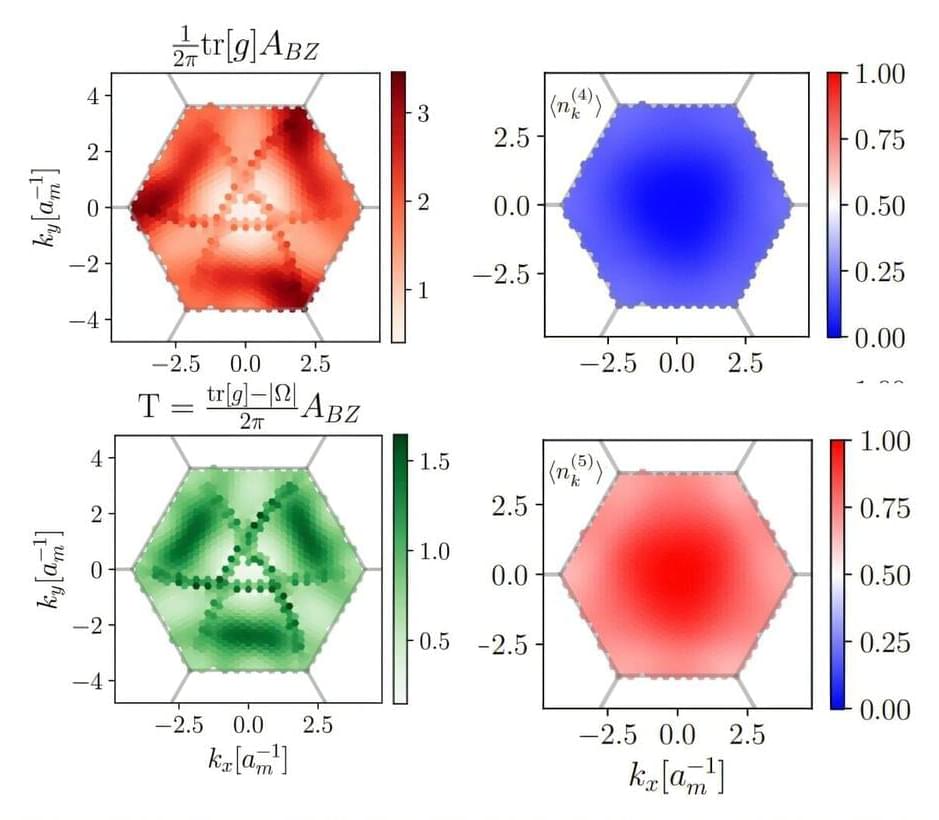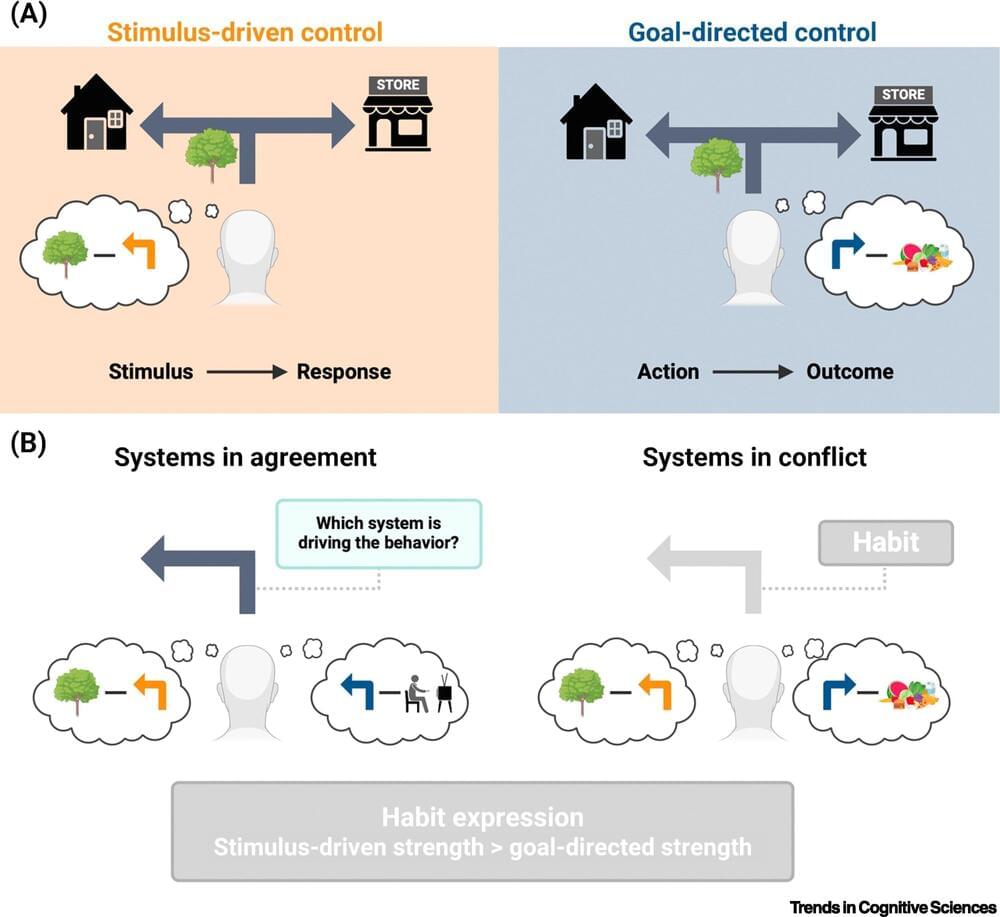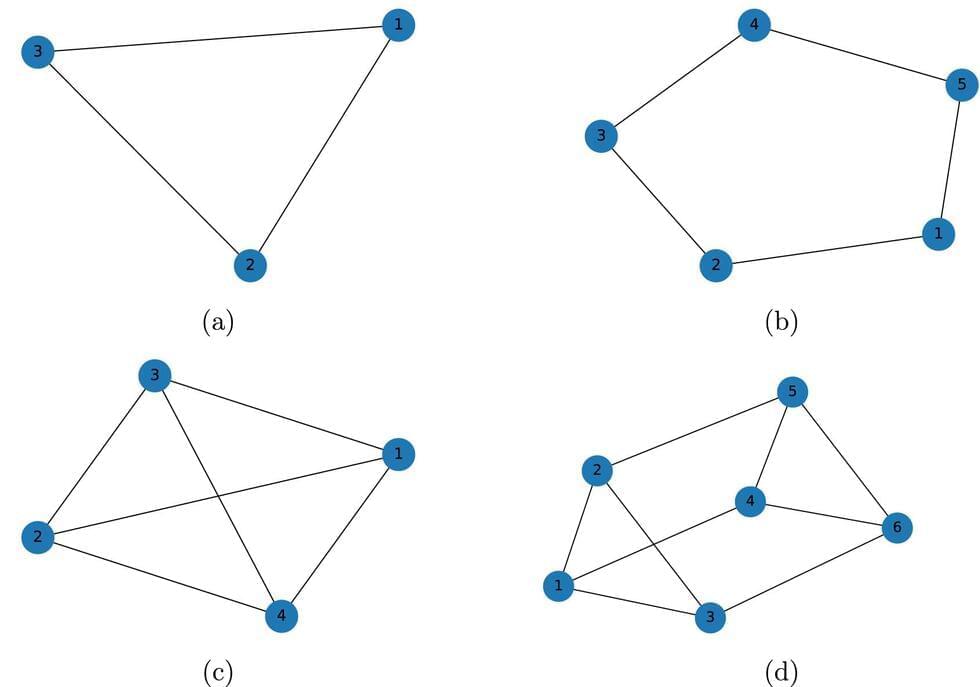
Life is a series of small events: making morning coffee, letting the dog out, opening a laptop, letting the dog back in. Add them all up and you have a full day. Our brains are committed to observing and processing the events that make up our daily lives, said Jeff Zacks, the Edgar James Swift Professor in Arts & Sciences and chair of the Department of Psychological & Brain Sciences. “Knowing where events begin and where they end is crucial to understanding the world,” Zacks said.
In a pair of new papers, Zacks and other researchers in Arts & Sciences and the McKelvey School of Engineering explore this key process of human cognition.
Zacks led a study that trained computer models to observe more than 25 hours of video of people performing simple, everyday tasks such as cleaning a kitchen or cooking a meal before making predictions about what happens next. The study came to a surprising conclusion: The computer models were most accurate when they responded to uncertainty. When the model was especially unsure about what would happen next, it would reset and reassess the scene, an approach that improved its overall comprehension.


















